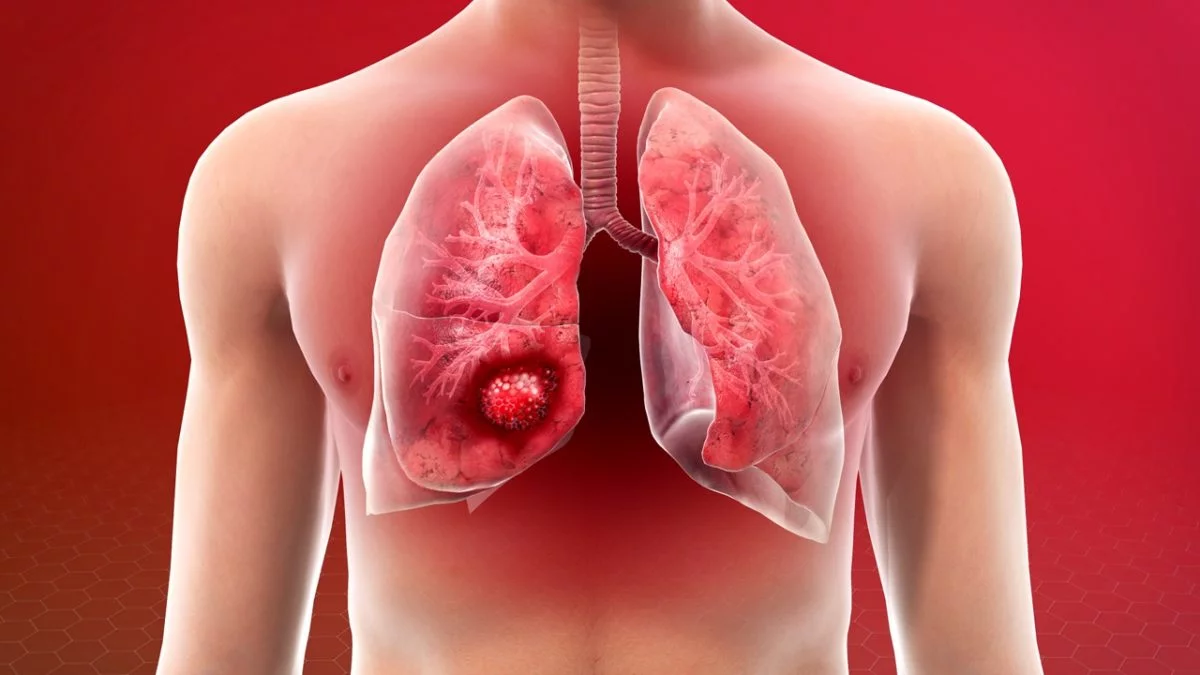Lung cancer is one of the most common and deadliest forms of cancer. It affects millions of people around the world, causing thousands of deaths each year. Despite lung cancer’s prevalence, there are still many misconceptions about it that can cause confusion and difficulty in diagnosing it early on. To help raise awareness and dispel some myths, here are some of the common myths and facts about lung cancer.
Myth: Only people who smoke get lung cancer.
Fact: While smoking is the leading cause of lung cancer, it’s not the only one. Other causes include exposure to secondhand smoke, air pollution, radon gas, asbestos fibers, and even genetics. The American Cancer Society estimates that up to 20% of all lung cancers occur in individuals who have never smoked or used any other form of tobacco.
Myth: There’s no way to prevent lung cancer.
Fact: While it’s true that there is no certain way to guarantee you won’t get lung cancer, there are several steps you can take to reduce your risk. Quitting smoking or avoiding secondhand smoke is one of the most important things you can do, as well as getting tested for radon gas and reducing your exposure to air pollution and asbestos fibers. Eating a healthy diet with plenty of fruits and vegetables, and exercising regularly can also help reduce your risk.
Myth: Symptoms of lung cancer are obvious.
Fact: Unfortunately, the early stages of lung cancer may not have any symptoms at all. Even when symptoms do appear, they can be very subtle and easily mistaken for other issues such as a cold or allergies. Common symptoms include a persistent cough, chest pain, shortness of breath, coughing up blood, and fatigue.
Lung cancer is a serious health issue that affects millions of people around the world. By familiarizing yourself with these myths and facts about lung cancer, you can help reduce your risk and stay informed on the best ways to detect it early. If you have any concerns or questions about lung cancer, be sure to consult with your healthcare provider for more information.

